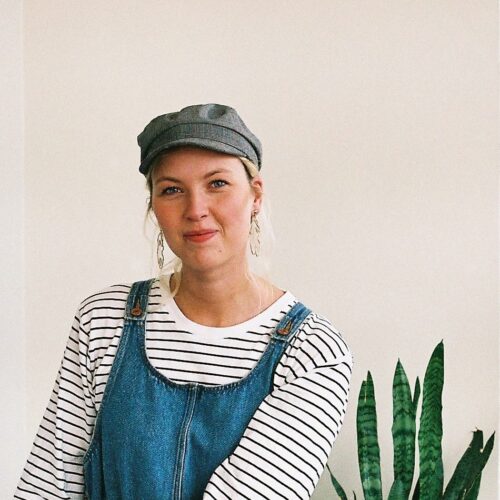
Eva Sigurðardóttir
@evasig__
evasigurdar.com
images
Ari Logn
@lognsins
Frú Ragnheiður, community innovation
Frú Ragnheiður (e. Mrs. Ragnheiður) is a project operated by the Red Cross in Iceland and its function roots in ideas on harm reduction with and for individuals dealing with substance abuse. “Harm Reduction is an ideology that focuses primarily on reducing the health, social and economical consequences and risks of drug abuse rather than concentrating on the use itself.”
I met with Elísabet, the project manager and head nurse at Frú Ragnheiður, and we discussed the project outline, strategy and activities.
It can be said that the ball started rolling after the establishment of Konukot, emergency shelter for homeless women. The City of Reykjavík ran a shelter for homeless men but didn’t recognise the necessity for women’s shelter at that time. The Red Cross took it upon itself to open this resource for women to demonstrate the need, which it has done today, unfortunately. Konukot’s volunteers felt there was a lack of resources serving women using drugs intravenous. At that time harm reduction services were not recognised in Iceland and employees had nothing to work with. A discourse was started with the women living in Konukot on how their safety could be ensured, with their drug use in mind. Nurse Helga Sif Friðjónsdóttir’s involvement was crucial to the development of the project. She was a doctorate student in Seattle where she volunteered for a harm reduction service on wheels, for those using drugs intravenous. Helga Sif met with the Red Cross and a project called healthcare-on-wheels was established and is now called Frú Ragnheiður.
“Beautiful qualities where brought together by this community innovation; a certain necessity was identified as well as the lack of service and support. Volunteers came to the table and thought in solutions. The Red Cross, which owned an old caravan, turned it into a safe space for homeless individuals and drug abusers; to come and get clean injection equipment.”
It has been 12 years since Frú Ragnheiður was established in 2009, and it was the first declared harm reduction measure existing in Iceland. It took time to build up the trust and credibility of the resources that Frú Ragnheiður is, the clients come from extremely marginalised and vulnerable social groups.
The ideology is to help protect the health of those who engage in some form of behaviour that can cause irreversible damage and to prevent this harm without necessarily aiming to change that behaviour. Cater to individuals and offer them support, holistically.
The resource is now a van that travels around the capital area every night of the week, except Saturdays, between 6 and 9 in the evening (including Hafnarfjordur, Gardabaer, Seltjarnarnes, Kopavogur and Mosfellsbær). The volunteers at Frú Ragnheiður service approx. 600 individuals a year in over 4500 visits during the evenings. The core service is the needle exchange during the evening, and during the day the employees do follow up on incidental cases, e.g. if they are approached by individuals at the age of 18 with severe drug problems — Frú Ragnheiður is recurrently the first touch these individuals have with the system. According to Elísabet the staff makes an effort to get to know the individuals, offers to introduce them to the resources and service the system has to offer and they are entitled to use: Outreach and outsource.
“There have been various opportunities for innovation within the space and platform that has been created around Frú Ragnheiður over the last 12 years. The project’s dynamic is substantial and the environment stimulates quests for solutions and new approaches.
New projects have sprung up in response to the needs of Frú Ragnheiður’s clients and conversations with users, e.g. mission to provide treatment for hepatitis c for those in need, as well as their antibiotics program due to the fact that people using drugs intravenous are at high risk of developing a skin infection.
“Marginalised groups are faced with various obstacles when seeking service from the health care system and have often developed serious illnesses when finally entering the system. — But we saw an opportunity in providing treatment earlier in the process and we could become the party they consult in during early stages of infection. Thus, we have been collaborating with doctors, since 2018, who volunteer with us by prescribing antibiotics and providing on-site treatment. […] It was proven by the Frú Ragnheiður’s antibiotics project that changed approach to providing treatment is viable, the clientele of Frú Ragnheiður have been considered difficult to deal with and problematic adherence to treatment but when matters were rethought and we ceased our efforts to force them to do it our way, we began to see results. Let’s lay off the ideas about them being demanding and initiate service tailored to their needs. The adherence to treatments within our antibiotics project is 95 %. People attend to their own health and do it well. We can also see it in increased responsibilities regarding syringe use.”
Frú Ragnheiður, our health care and the epidemic
Elísabet emphasises the importance for her, as a employee and project manager at Frú Ragnheiður, to think things over and over again, unafraid of unconventional methods. In her opinion, Frú Ragnheiður’s dynamic epitomises an innovative nature. The state of our society keeps changing, notably during a world pandemic. The prerequisites for ongoing function of Frú Ragnheiður is it’s dynamic as well as the devices and tools to respond to changes and fresh needs.
What happened with Covid-19 is that the impaired accessibility and the authorities’ recommendation to stay home had an enormous effect on marginalised groups, in particular homeless people.
The homeless couldn’t ensure their own safety and they even lacked access to hygiene and clean water. Thus, the needs of these individuals had been forgotten. There we had a group no one spoke for and ensuing the situation a specialised advocacy work initiated
The volunteers at Frú Ragnheiður decided from the start to do everything in their power to keep the service running and intact, bearing in mind the covid actions set by the government. The volunteers continued to attend their shifts, responding to new information and adapting the service to fleeting circumstances. Creating a safe space in an unsafe situation, distributing masks and rubbing alcohol, providing clean water and ongoing needle exchange services — for free as always.
“Society builds up a box and within it the wheels run quite smoothly and the majority of our community functions. From my point of view and based on my work, innovation comprehends the act of going outside the box, not being afraid to bring service to those in need of it and are outside of the box. That is what Frú Ragnheiður is, literally. Servicing the people on the fringes who can’t enter the box because of societal obstacles an reduced access, prejudice and difficulties obtaining services. And we are literally coming to them.”
These marginalised individuals have extensively been hit with closed doors within the system and provided with inadequate services which provokes distrust and prevents them from seeking further help.
Health care professionals have not met these individuals on their terms but always on the grounds of their drug addiction — even though that is not the problem they seek help for e.g. in the case of a broken leg but the drug addiction becomes the problem. When seeking help, the social status and the complex drug problems of these individuals have become the root of the problem and they are not provided with services in a neutral way — or they even dismissed or denied services.
According to Elísabet the attitude is changing within the system and most people have become aware of the deficiencies in the system, that it doesn’t function in everybody’s favour. In Iceland, the law applies that everyone have the rights to the same healthcare. But that isn’t the case in regards to marginalised people. Their needs and circumstances can become barriers and assumed easier to dismiss than to address. However, Elísabet emphasises increase in understanding which can be reflected in Icelanders’ support for the decriminalisation bill, which has grown from less than 30% to over 60% in three years.
“But what we are faced with, and is my biggest concern as a nurse specialised in harm reduction, is that the decriminalisation bill is being proposed intentionally to move addiction from the judiciary to the health care system — then again, the health care system has to be prepared to accept as well. Which includes providing services to these individuals.”
Frú Ragnheiður’s advocacy and educational work has resulted in a good network of health care professionals who are interested in the project and understand the need. As a result, the volunteers can direct their clients to specific GP’s and nurses who meet them with respect and understanding. As with most diseases, a certain group is more specialised and capable than others to offer services and treatment. Frú Ragnheiður can be found in Akureyri and Suðurnes, and in addition, the staff in the capital area has also been shipping equipment by post to those who live in areas without harm reduction services.
Harm reduction and nursing: user participation
Elísabet explains how she didn’t learn anything on harm reduction during her studies and little on different cultures and social status in that sense. However, today the studies have evolved to some extent. She describes how she acquired the knowledge she has in harm reduction ideology by her self and how she found her role as a nurse through this approach: “Through the advocacy, the human rights angle, looking at the social status of individuals, access to health care and in fact through the battle for equality, just great”
What surprised Elísabet was how much her studies did prepare her for the job at the Red Cross, despite having never attended lectures nor courses on this subject. She elaborates on how the code of ethics for nurses can be crystallised in Frú Ragnheiður’s work: to promote the dignity of individuals and see to it that individuals receive the services they are entitled to, as well as being an advocate for the patients. Furthermore, she can pinpoint when the laws and the rights of her clients have been violated.
Her role at Frú Ragnheiður is to make sure individuals receive the services available to them, regardless of social status, to ensure their right of self-determination is respected.
“This is, in fact, the role of nurses everywhere, no matter where you work. To promote dignity and to promote the right of self-determination. You have the right to self-determination and you can refuse treatments. […] The essence of harm reduction is user participation and what is the code of ethics other than user consultation, and to lift up the individual.”
In Elísabet’s opinion nurses possess incredible education, experience and knowledge but lack using their voice in public sphere, lack their unity and work for social issues, regarding policy formation, regarding pandemics, regarding human rights, regarding the global goals of the United Nations etc. Nurses are involved in the largest courses of individuals’ lives , from birth to death, and as professionals they have strong voices that can contribute to changes within and outside the health care system.
She points out ways to support the project, apart from volunteering. How social support is crucial. For instance, knitting groups have donated their work and knitted garments which are then distributed to clients when needed. People offer nutritional gifts; the Breiðablik football team makes soup every Sunday, which the Ragnheiður team then offers clients.
“But we are always looking for health care professionals. There is always a harm reduction team on duty at night that includes one nurse or another medical professional. But we also have a driver and one extra volunteer on duty who does not have to have any specific education or experience. But the age limit is 25 years old for shifts at the car and there is a waiting list to be a volunteer at Frú Ragnheiður.”
She encourages people to educate themselves and read about harm reduction on the web, simply by google-ing ‘harm reduction’.
It is impossible to predict Frú Ragnheiður’s future according to Elísabet due to the innovative nature of the project. The aim is to continue developing harm reduction services and to speak for the importance and need for consumer spaces, whether Frú Ragnheiður is involved in their establishment or not. Ongoing support and education on harm reduction ideology, user consultation and improved access to health care.
“I hope we and our health care system can see how unnecessary it is for everybody to fit the box. How useful it is to go outside the box, meet those in need of the service and work in their best interest. To be fearless of taking actions; encourage improvements and innovation projects. It is not only on the system but on the people within it to ask ‘Could we be doing something more and better?’”
— — —
Innovation at the margins is an issue done in collaboration with Icelandic Innovation Week
Do you support Vía?
Vía counts on your support. By subscribing to Vía you contribute to the future of a medium that specializes in, and puts emphasis on equality and diversity.
Vía, formerly known as Flóra, was founded 4 years ago for critical readers that want to dive underneath the superficial layer of social discussion and see it from an equality, inclusion, and diversity perspective.
From the beginning, Vía has covered urgent societal topics and published issues and articles that have shone a light on inequality, prejudice, and violence that exist in all layers of society.
We emphasize publishing stories from people with lived experiences of marginalization.
Every contribution, big and small, enables us to continually produce content aimed to educate and shine a light on hidden inequalities in society, and is essential for our continuing work.
Support Vía
Passability, a personal essay: On passing and limited safety
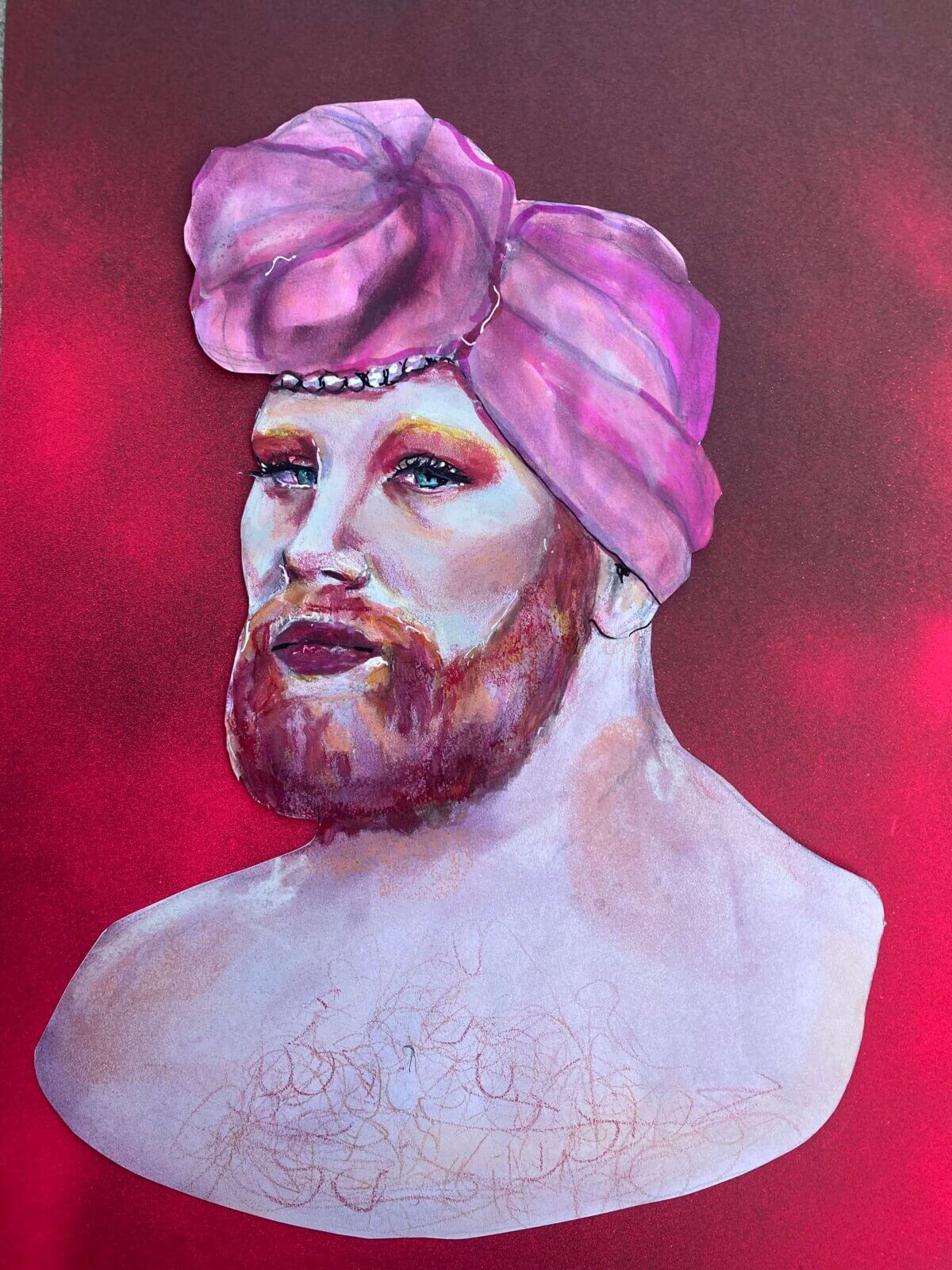
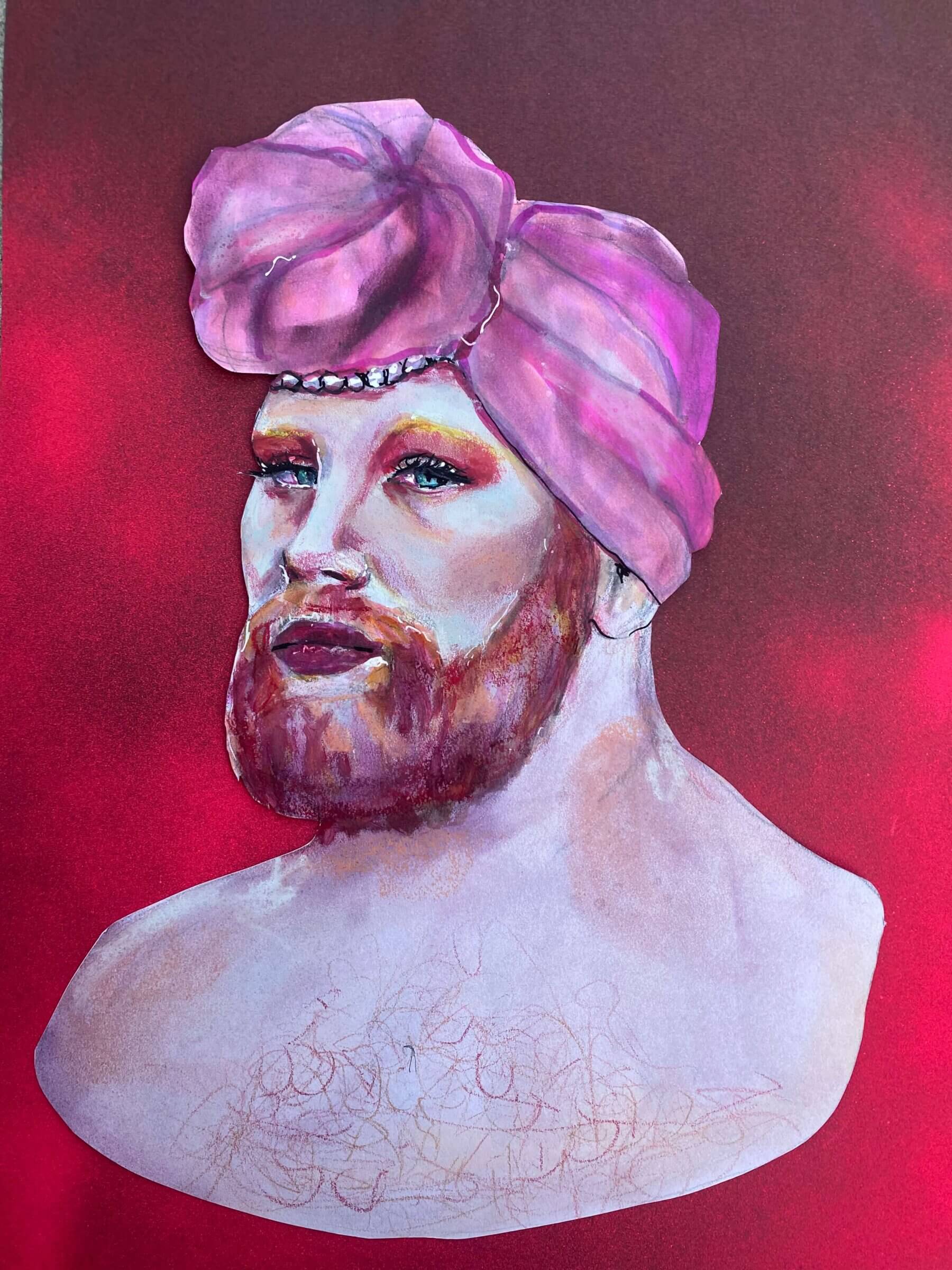
My Right to Exist
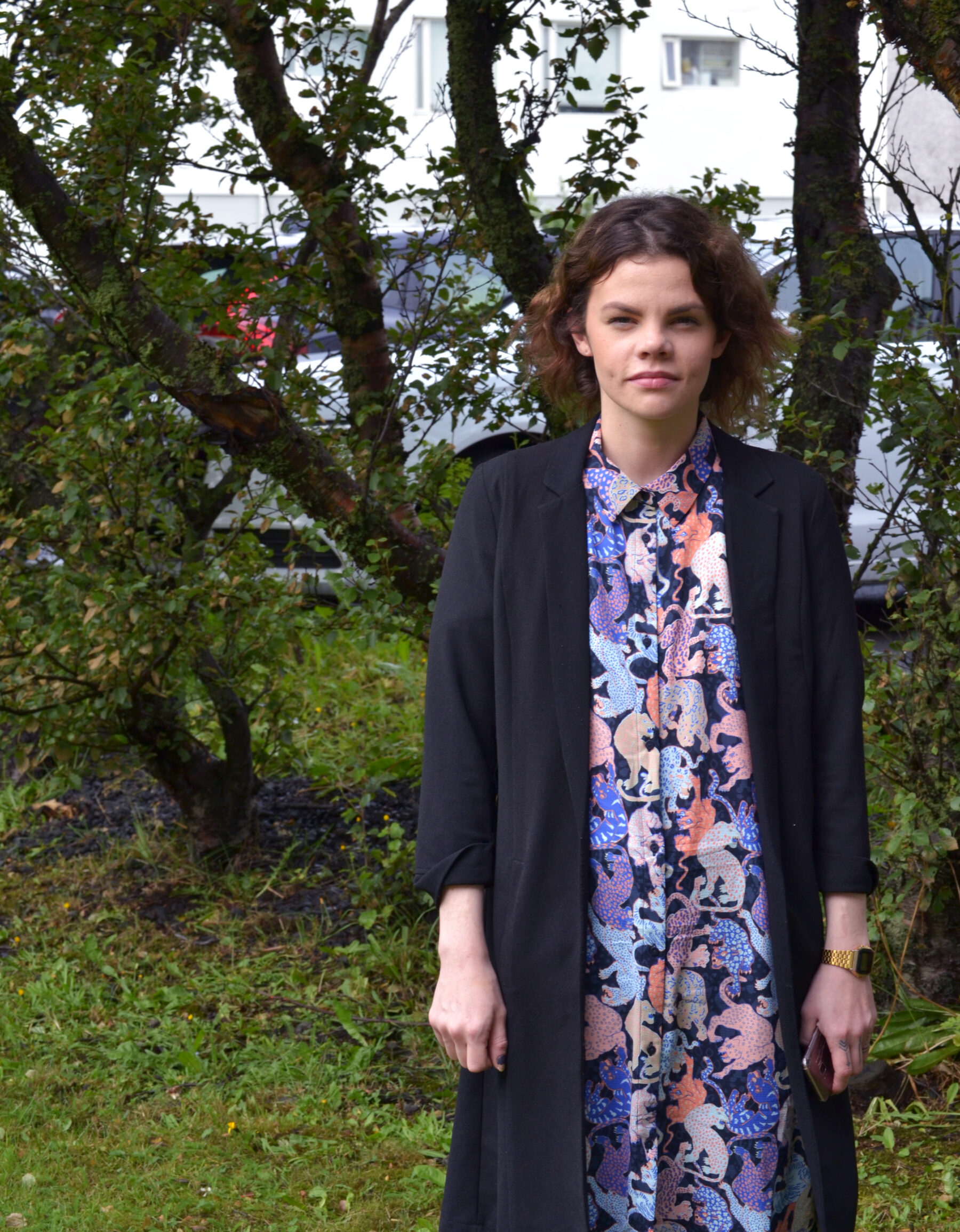

Resources for Marginalized Groups, Accessibility and Impediments
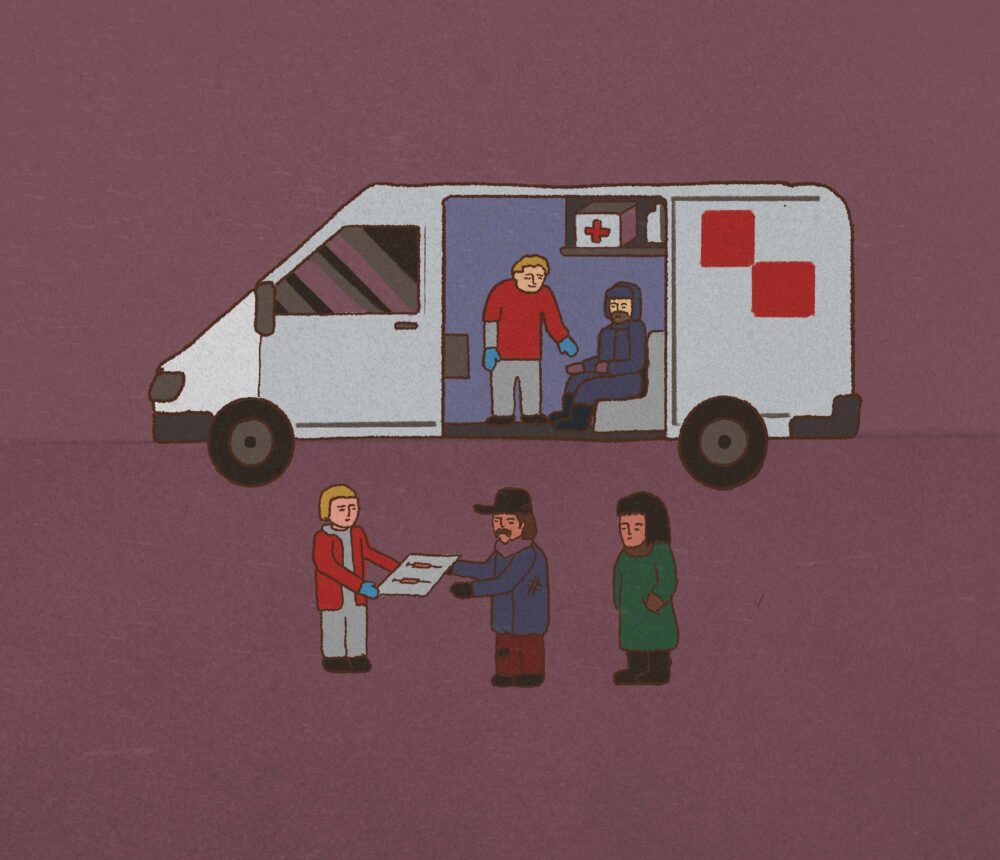
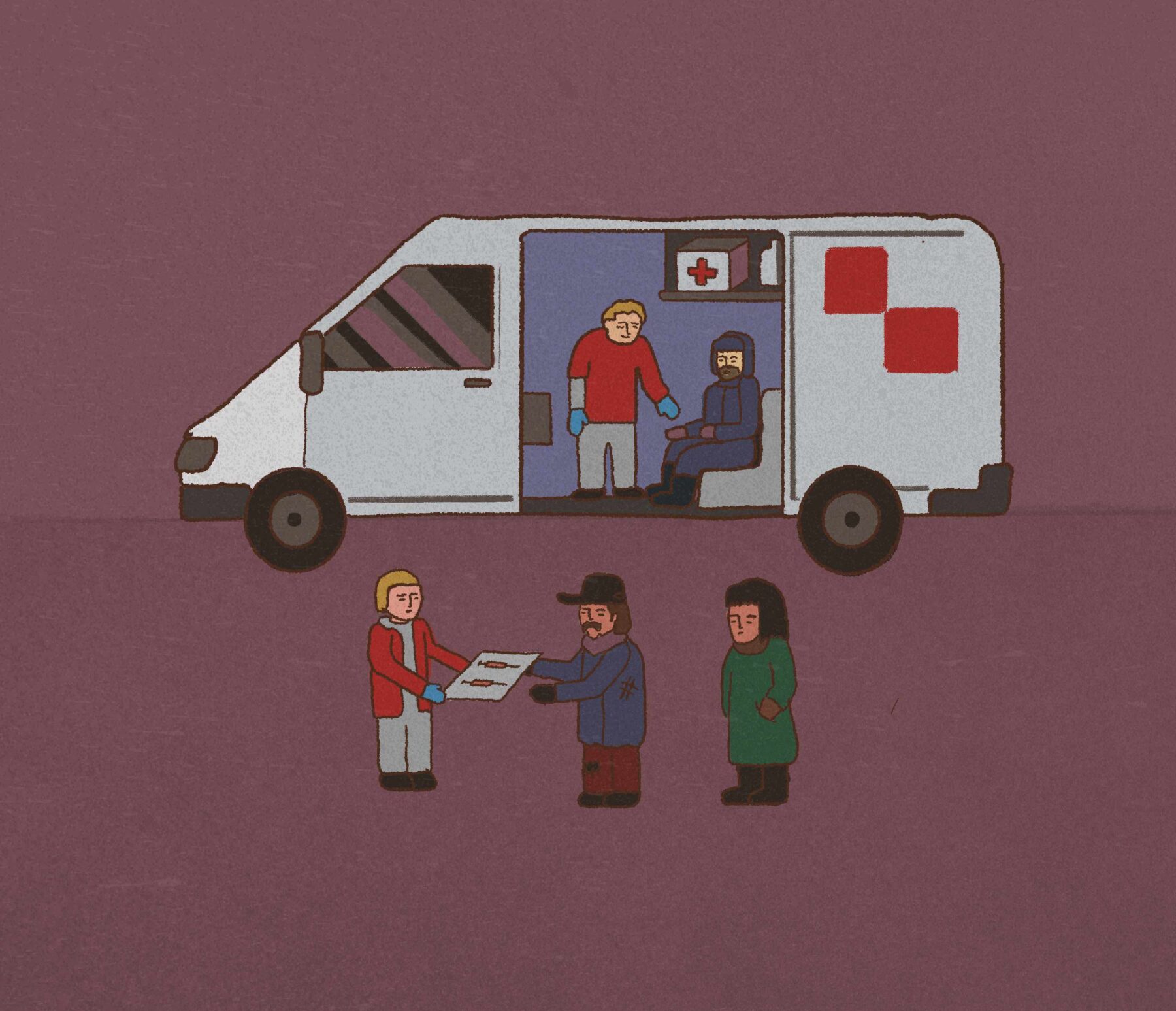
Life without limitations - Össur
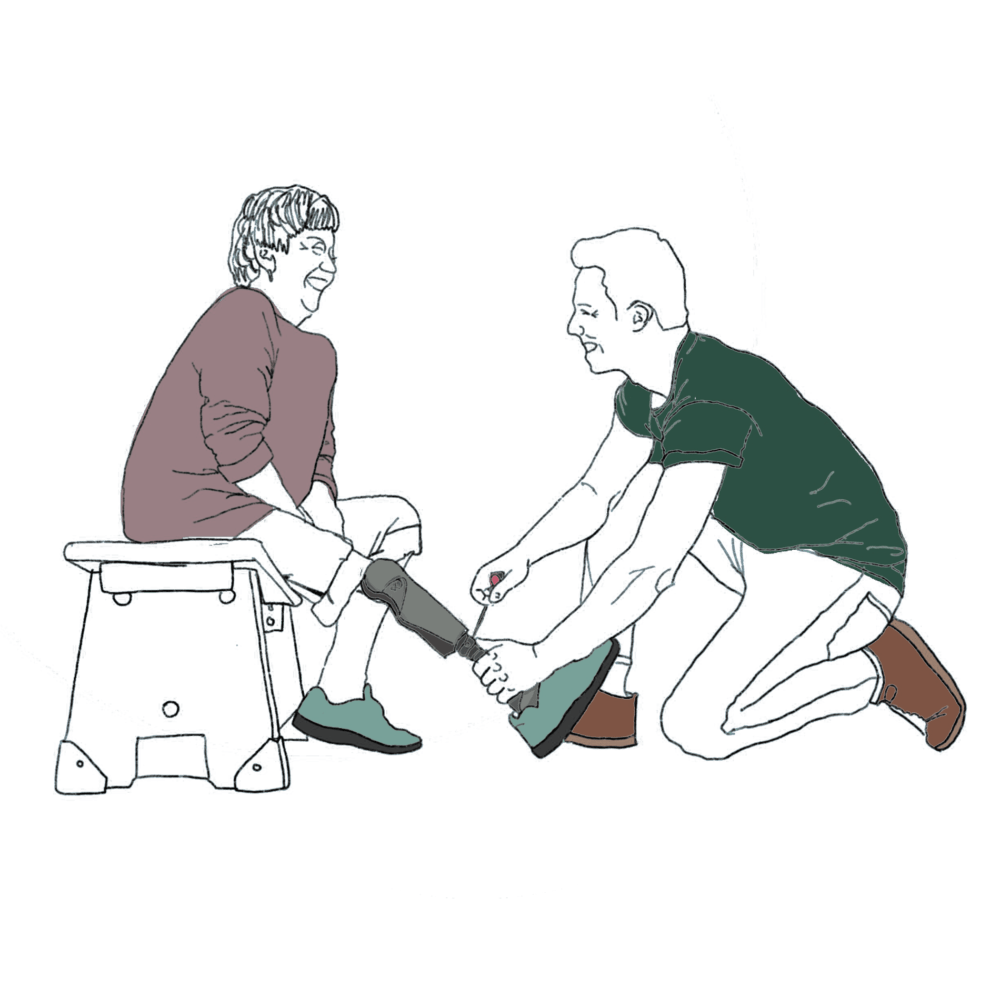
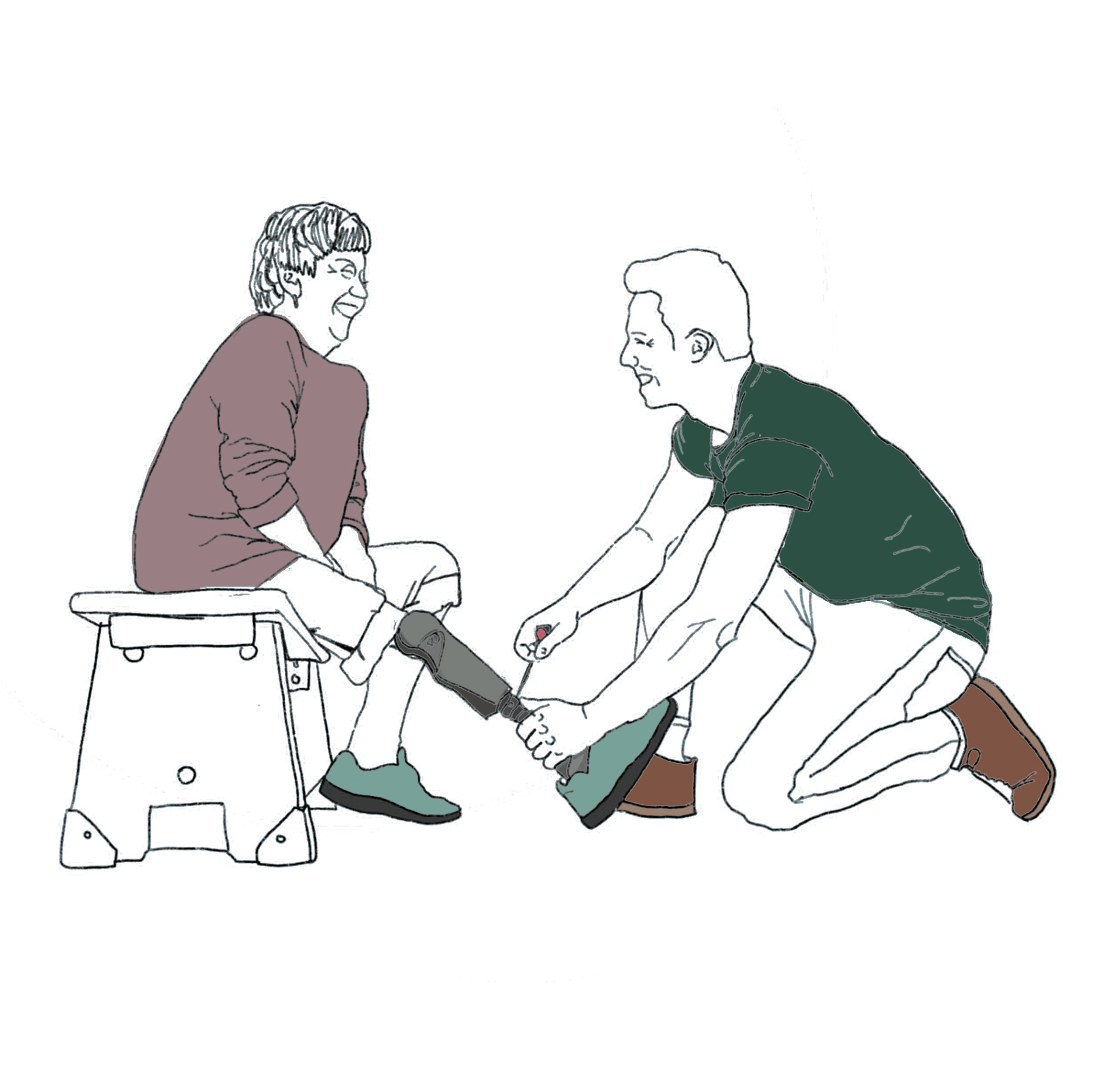
Read more about...